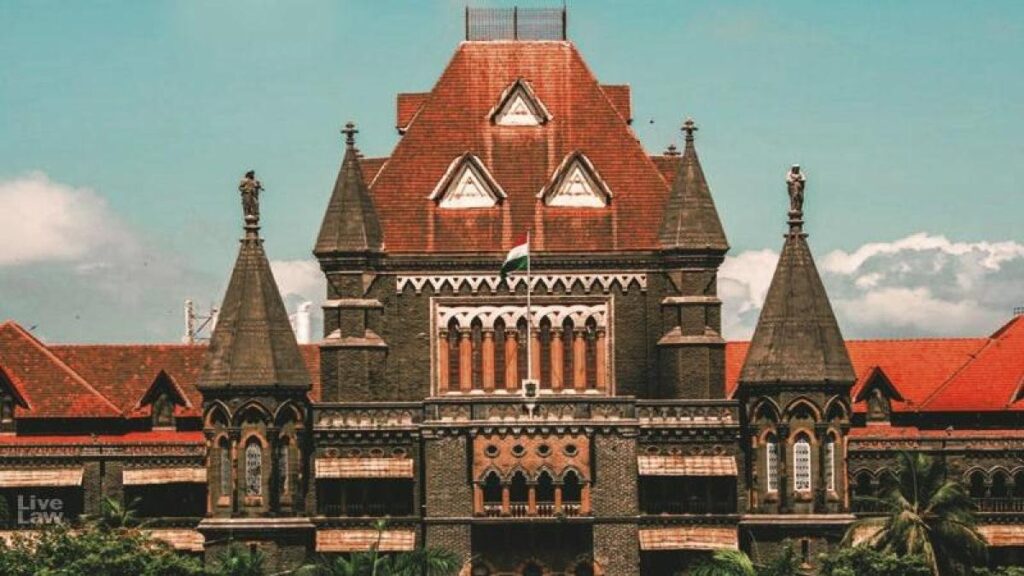
Judiciary’s Role in India’s New Coalition Government: Balancing Power and Independence
Last Updated on June 17, 2024 by News Desk
A coalition government has returned to power in India after ten years, with the Bharatiya Janata Party (BJP) now dependent on its National Democratic Alliance (NDA) allies to form the government. Narendra Modi continues as Prime Minister, but the previously domineering approach is expected to soften due to the lack of an absolute majority.
The new political landscape raises questions about the judiciary’s dynamics with the government. Historically, the judiciary has been more assertive with coalition governments and more passive under strong majority governments. Justice Sanjay Kishan Kaul noted that coalition governments allowed the judiciary to advance its cause, whereas majority governments led to judicial restraint.
During the UPA coalition era (2004-2014), the Supreme Court was notably activist, intervening in high-profile cases like the 2G Spectrum and Coal Block allocations, causing political setbacks for the government. In contrast, during the BJP’s absolute majority (2014-2024), the Supreme Court was more cautious, rarely overturning government decisions except in a few instances like the NJAC case and Electoral Bonds case. Criticism arose over the Court’s handling of politically sensitive cases and delays in significant judgments, leading to perceptions of judicial abdication.
The Modi government often clashed with the judiciary, especially over judicial appointments, with government officials publicly attacking the collegium system and bypassing independent judges. Speculations of quid pro quo post-retirement assignments for compliant judges further tarnished judicial independence. The government’s attempts to undermine the ‘basic structure doctrine’ of the Constitution, crucial for safeguarding democratic principles, added to concerns.
Former judge Anjana Prakash emphasized that the judiciary should review government actions based on constitutional parameters, irrespective of the government’s majority. She argued against the notion that the judiciary, as an unelected body, should not question the government, highlighting that judges are meant to uphold constitutional correctness, not popularity.
Senior Advocate Chander Uday Singh observed that the judiciary tends to be more restrained under a strong government. He expressed hope that the coalition era would bring checks and balances, leading to a more assertive and independent judiciary that genuinely addresses citizens’ grievances and acts as a check on state power.
Written by — Athi Venkatesh AVD





